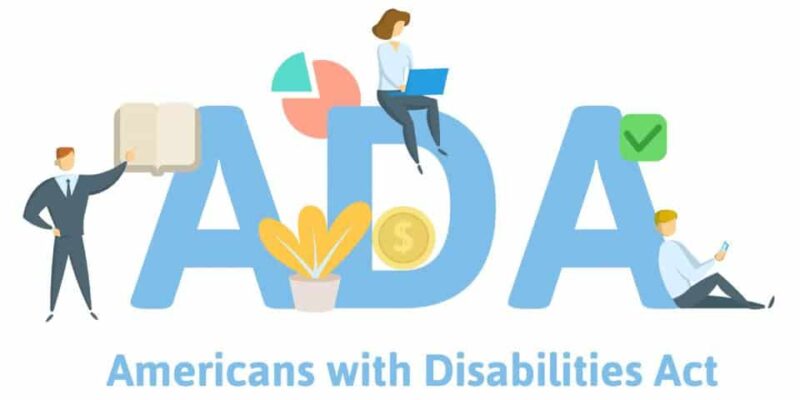FEHA Statute of Limitations: A California CRD Guide to Deadlines
What Is The Statute Of Limitations For A Feha Discrimination Claim Filed In Court After Receiving A Right To Sue Letter In California? Missing the FEHA statute of limitations can instantly destroy your workplace discrimination or harassment case—no matter how strong your evidence. Did you know that before 2020, California employees had just one year…











